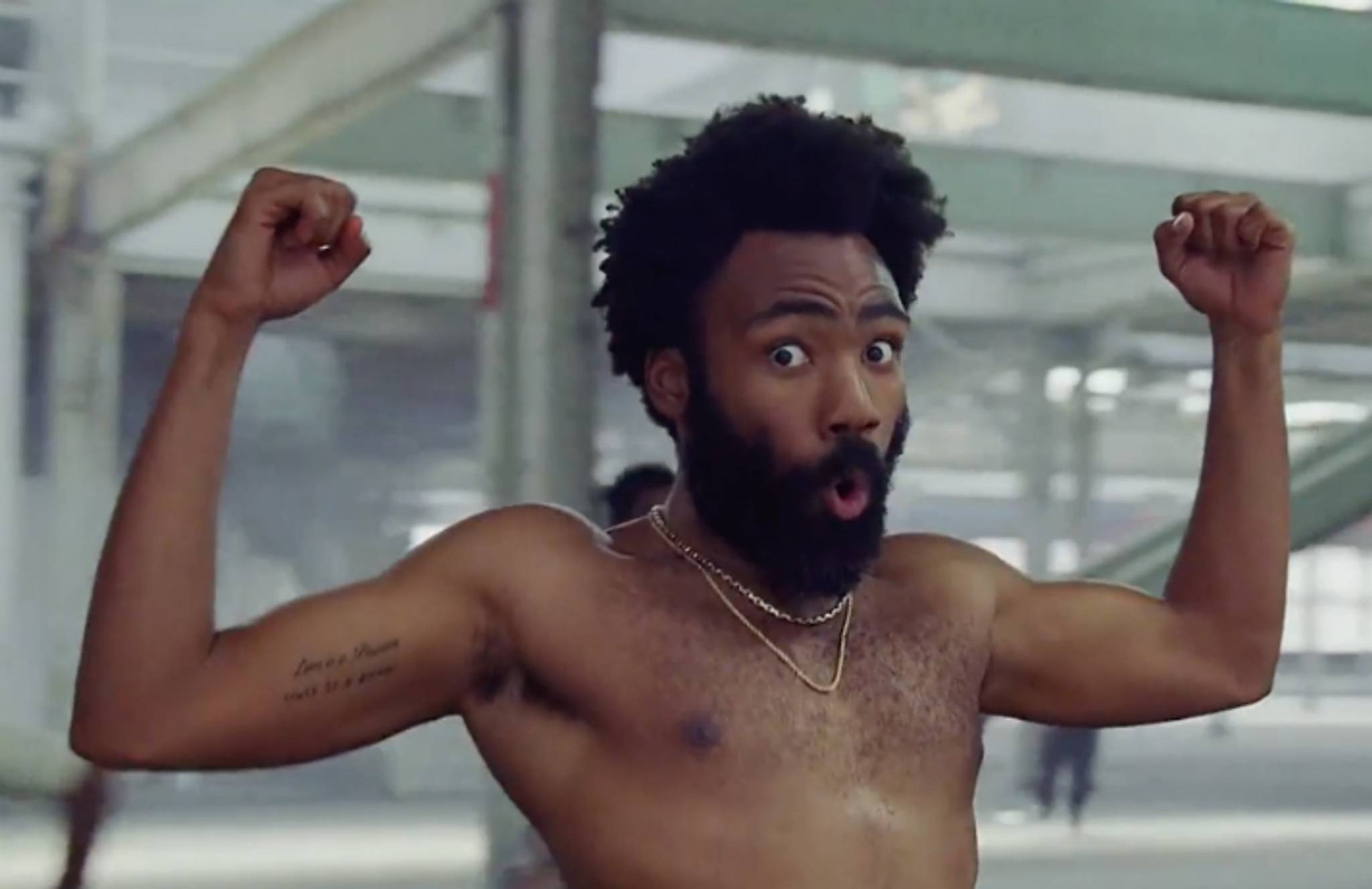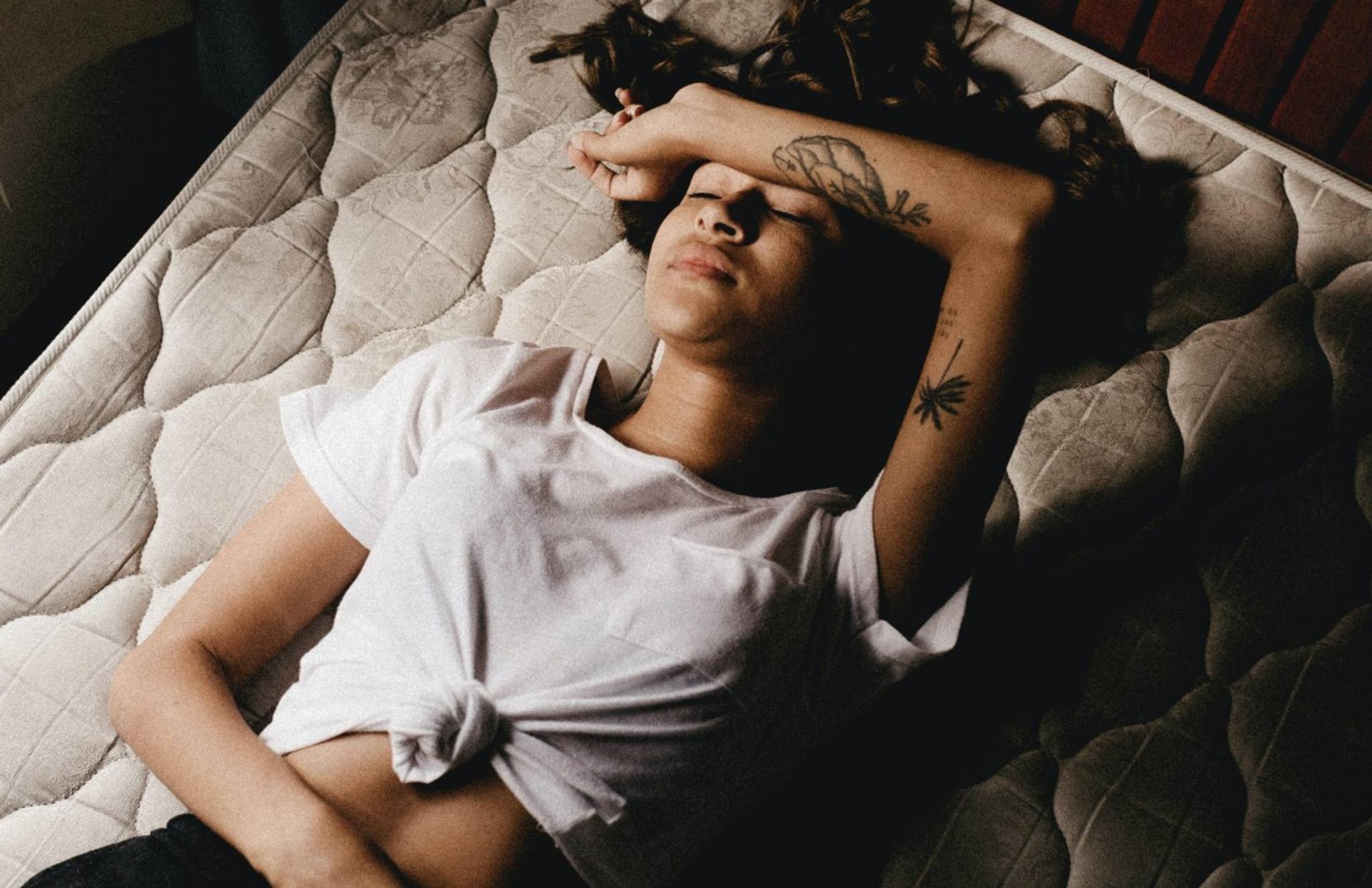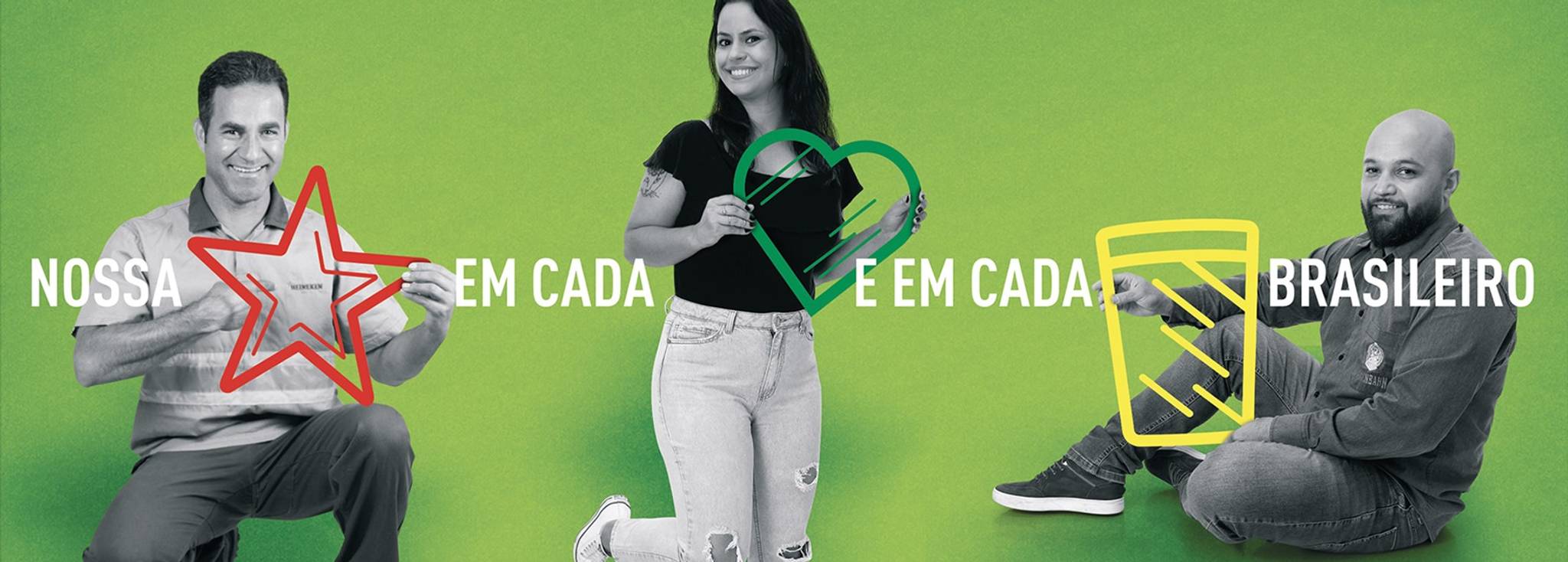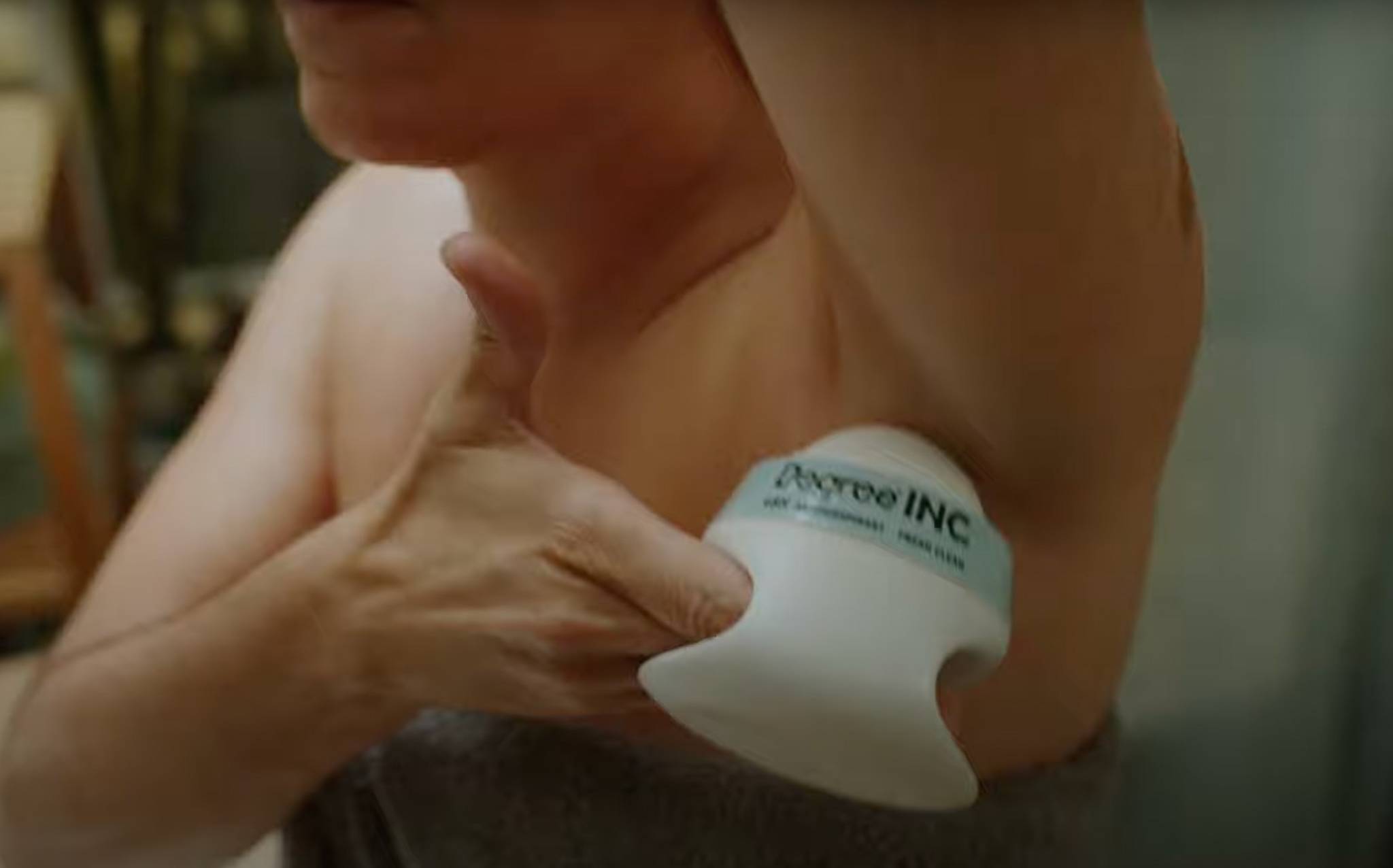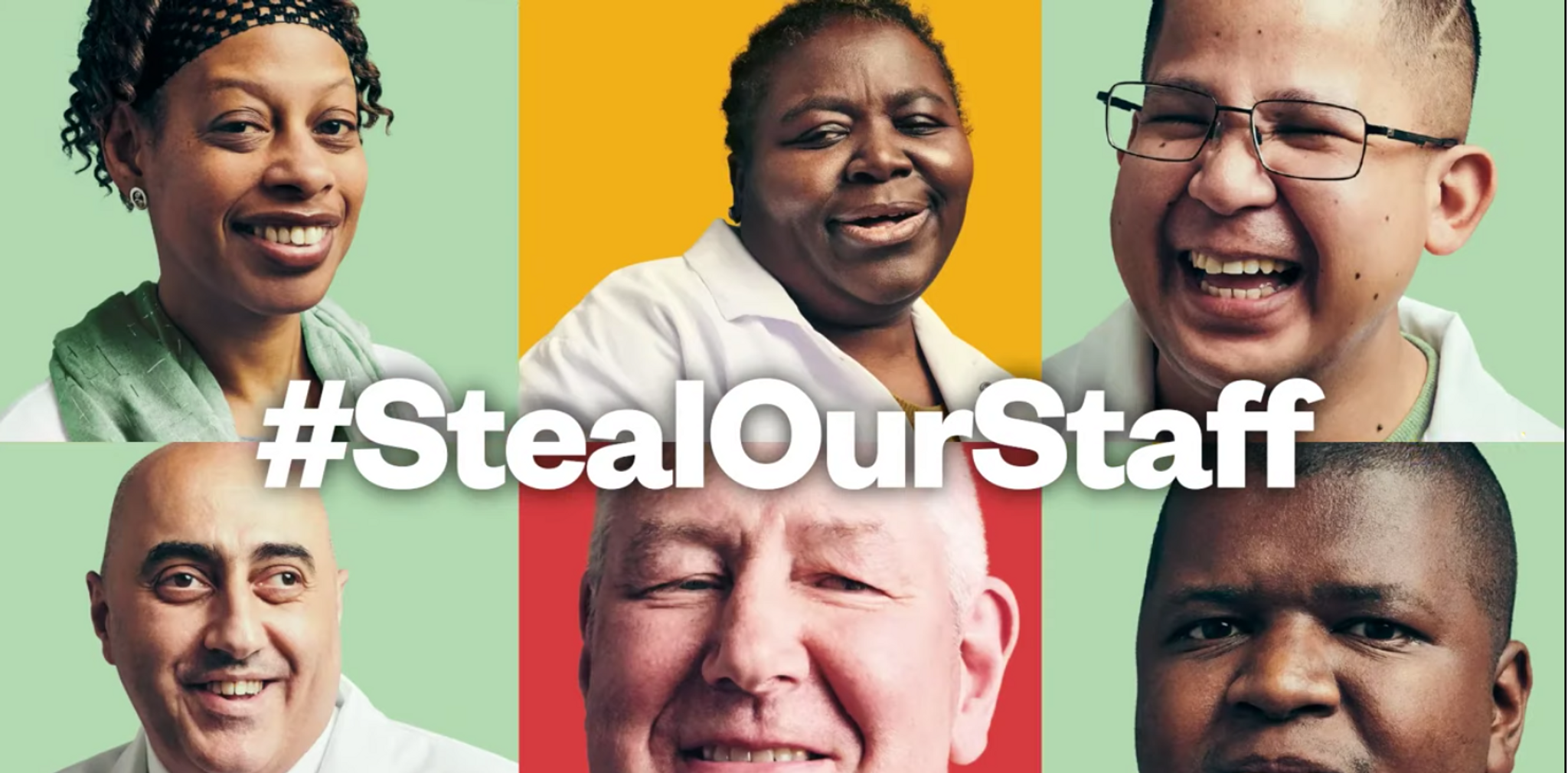
The Cannes Lions International Festival of Creativity brings together the worlds of advertising, media, and creative communication to recognise the best campaigns from the past year. With the 2020 festival cancelled due to COVID-19, 2021’s event celebrated two years worth of creativity – spotlighting the most innovative and impactful campaigns to come out of one of the most challenging years in living memory.
From the outbreak of COVID-19 to rising cases of racially motivated violence and the intensification of the climate crisis, the social inequalities that structure society have never been more apparent. Wise to social issues – and the role that brands play within structures of oppression – people want capitalism to better serve them and their communities.
The brands that scored highly at Cannes Lions 2021 were those that recognised this imperative to instigate positive change. Whether challenging ableist narratives, innovating plastic-free packaging, or championing the healthcare heroes of the pandemic, the common thread that unified almost all Grand Prix winners at this year’s awards was a sense of shared responsibility.
At Canvas8, we’ve been unpacking human behaviour and culture for eleven years. In this report, we examine the awards from this unique perspective – identifying the four key behavioural shifts underpinning the winning campaigns and the opportunities they present for brands.
At least three-fifths of Gen Yers and Zers say COVID-19 has made them more sympathetic to the needs of others locally and motivated to help
Adaptive futures
People want to see innovations for a more ability-inclusive world
As the pandemic imposed restrictions on in-person contact, 2020 saw people reimagine what can be achieved from the comfort of one’s home. For people with disabilities, the shift to working, learning, and socialising remotely was met with a mixture of exasperation and relief. After a year that challenged brands to think adaptively and reinvent access, people want to see brands acknowledge the accessibility needs of a broader range of people all the time, not only when it benefits the majority.
Unilever pushed to make its product line more ability-inclusive with the world’s first adaptive deodorant. In consultation with occupational therapists, engineers, consultants, and people living with disabilities across the globe, the brand developed Degree Inclusive. With features including a hooked container, enhanced grip placements, and magnetic closures, Degree Inclusive was designed for people with visual impairment and upper limb impairments. In an industry that has long centred the needs of able-bodied people, the innovation represents a much-needed step in the right direction when it comes to inclusive design within personal care. It won the Cannes Innovation Grand Prix.
BECO is another personal care brand advocating for greater inclusion of people with disabilities. The vegan soap brand encouraged other employers to steal their staff in a Grand Prix-winning campaign that challenged outdated assumptions surrounding the inclusion of people with disabilities in the workplace. The #StealOurStaff campaign saw the brands’ product range adorned with the pictures and CVs of their many staff members with disabilities. The campaign sought to raise awareness of the disproportionate levels of unemployment amongst people with disabilities by encouraging employers to recognise workability before disability.
Woojer made unique strides in accessibility for children with cystic fibrosis by developing the world’s first music-powered airway clearance vest, SICK BEATS. In a collaboration with NGO Claire’s Place Foundation, Woojer harnessed its haptic technology to reimagine typically unpleasant airway clearance therapy as a music-powered experience. The prototype airway clearance vest syncs with a smartphone to pull therapeutic 40Hz frequencies from music and send them to the chest, where they are proven to loosen mucus as effectively as traditional therapy. SICK BEATS received the rarely awarded Cannes Pharma Grand Prix.
Seeking solutions
People want to see brands take a solutions-based approach to pressing social issues
An overriding sense of purpose unified award-winners at Cannes Lions 2021, with the vast majority of the top spots going to work that aimed to make a difference to society. But while people are looking for brands to engage with wider societal issues, they’re increasingly adept at seeing through empty articulations of brand purpose. As terms like rainbow-washing and green-washing enter common parlance, there’s an onus on brands to do more than just state a purpose – people want to see brands demonstrate their depth of commitment by taking a solutions-based approach to pressing social issues.
As the climate crisis intensifies, people expect transparency from brands when it comes to environmental impact. However, understanding a business’ carbon footprint is a time-consuming, costly, and complex process that not many small and medium-sized enterprises have the resources to do. Doconomy, the winner of the Sustainable Development Goals Grand Prix, aims to solve this challenge. The ‘2030 Calculator’ is an open-source tool that enables companies to determine the carbon footprint of the products they make in just a few minutes. By facilitating greater transparency between brands and consumers, the tool looks set to help people make more informed decisions regarding their consumption.
Another Grand Prix winner taking a solution-oriented approach to the climate crisis is Notpla. The seaweed-based packaging company can be used directly to replace plastic cups at sporting festivals, as sachets for condiments, and as a coating for cardboard, flexible film, and paper to create a wide range of products including takeaway food boxes. Brand agency Superunion scooped the Design Grand Prix for ensuring that the company’s name and visual identity closely articulated Notpla’s core mission: making packaging disappear.
BodyForm sought to make meaningful change in the space of women’s health. In the UK, one in ten women experience endometriosis, but the chronic pain condition takes an average of 8 years to diagnose. BodyForm’s #WombPainStories campaign sought to address the awareness gap that prevents people who menstruate from receiving adequate medical support. By collating a dictionary of women’s pain experiences – expressed in their own words – the campaign worked to create a new, relatable language for womb pain, resulting in a diagnostic tool that will have real impact in defining and diagnosing conditions such as endometriosis.
Heroic underdogs
People are looking to celebrate everyday icons over unattainable aspirational figures
With more creative tools at our fingertips than ever before, the internet has democratised creativity. It’s perhaps unsurprising, then, that some of the most exciting campaigns to come out of 2020 and beyond were user-generated. After a year in which people’s desires for connection largely played out online, a number of brands made innovative use of social channels to bring consumers into the heart of their brand narrative.
With board meetings hosted from bedrooms and ‘You’re on mute’ a common refrain, the less-than-polished elements of home life were on full public display in 2020. Reddit’s SuperBowl ad mirrors the makeshift, somewhat chaotic energy of pandemic life, in a lo-fi five-second spot in bold contrast to the slick, big-budget ads that dominate the SuperBowl break. In a statement that flashed on people’s screen so fleetingly many thought it was a technical glitch, Reddit called out the collective power of online community. “One thing we learned from our communities last week is that underdogs can accomplish just about anything when they come together around a common idea,” it said. With reference to the Reddit board r/WallStreetBets, which sparked massive disruption on the stock market a week earlier at the end of January, Reddit’s Grand Prix-winning spot connected with a growing sense of hope in the power of the ordinary person to create change.
The underdog was similarly the star of Burger King’s award-winning ’Stevenage Challenge’. Harnessing the power of the gaming community, the campaign elevated Stevenage F.C. – the lowest-ranking football club in England’s lowest-ranking division – to the most-used team in career mode on FIFA ‘20. In exchange for free food, players were challenged to sign world-leading footballers onto the Stevenage team on FIFA and post their goals to Twitter. With 25,000 goals shared, and Stevenage F.C. shirts selling out for the first time ever, Burger King offered a masterclass in how to leverage gamification to generate social media impressions.
Mercado Libre’s ‘Feed Parade’ won the Cannes Lions Grand Prix for Music and Entertainment, employing user-generated content to recreate Pride 2020 in São Paulo digitally. With the actual parade cancelled due to COVID-19 restrictions, Mercado Libre turned Avenida Paulista, where the event usually takes place, into an Instagram feed where people could tag themselves. Immortalised in a music video by Brazilian artist and drag queen Gloria Groove, the feed helped the sentiment of Pride live on in a particularly challenging year for the LGBTQ+ community.
Community champions
After a deeply challenging year, and in spite of deep inequalities, people are looking to brands to help us heal
With Cannes Lions cancelled in 2020, many of the Grand Prix winners date back to the height of the pandemic and champion the lifeblood of the pandemic response – community. The end of the crisis may be in sight in large parts of the world, but the strongest campaigns to come out of this time will live on as cultural artefacts of the moment the world changed.
It took a global health crisis for society at large to truly appreciate the importance of essential workers. Dove’s ‘Courage is Beautiful’ campaign is an ode to the healthcare workers at the ‘frontline’ of the pandemic. A series of close-up shots of US healthcare workers' faces, wearing blank expressions with cheeks marked by the impressions of PPE, is overlaid with the message ‘courage is beautiful’. Receiving a Grand Prix in the Press and Publishing Lions at Cannes, the campaign serves as a poignant reminder of the psychological burden faced by those responsible for caring for COVID-19 patients.
With the hospitality industry dealt one of the largest blows from pandemic closures, Heineken took a creative approach to supporting independent bars during lockdown. Its Shutters initiative reimagined out-of-home advertising to help more than 5,000 bars around the world survive and re-open following COVID-19. Instead of using traditional OOH advertising routes, Heineken paid outlets in Argentina, Germany, Indonesia, Italy, and Spain to display messages such as ‘See this ad today, enjoy this bar tomorrow’ on their facades, windows, and shutters – turning them into a new, more sustainable media-buying platform. The initiative distributed €7.5 million to the bars involved, 100% of which managed to stay afloat and re-open post-lockdown. At a time when many multinationals came under increased scrutiny for their acceptance of government handouts, Heineken’s innovative use of its platform to support small businesses scored highly amongst consumers concerned for the future of their community spaces.
In a similar move to support the areas of industry most impacted by the pandemic, LinkedIn partnered with The Big Issue to support the magazine’s sellers whose livelihoods were severely hit by COVID-19 lockdowns. Through the partnership, the sellers received specialist training from LinkedIn volunteers to help them build their confidence and reach an online customer base, engage with a wider community and find additional opportunities. With The Big Issue sellers often coming from disadvantaged backgrounds, the Grand Prix-winning campaign made significant strides to improving the life chances of those disproportionately impacted by the pandemic.
